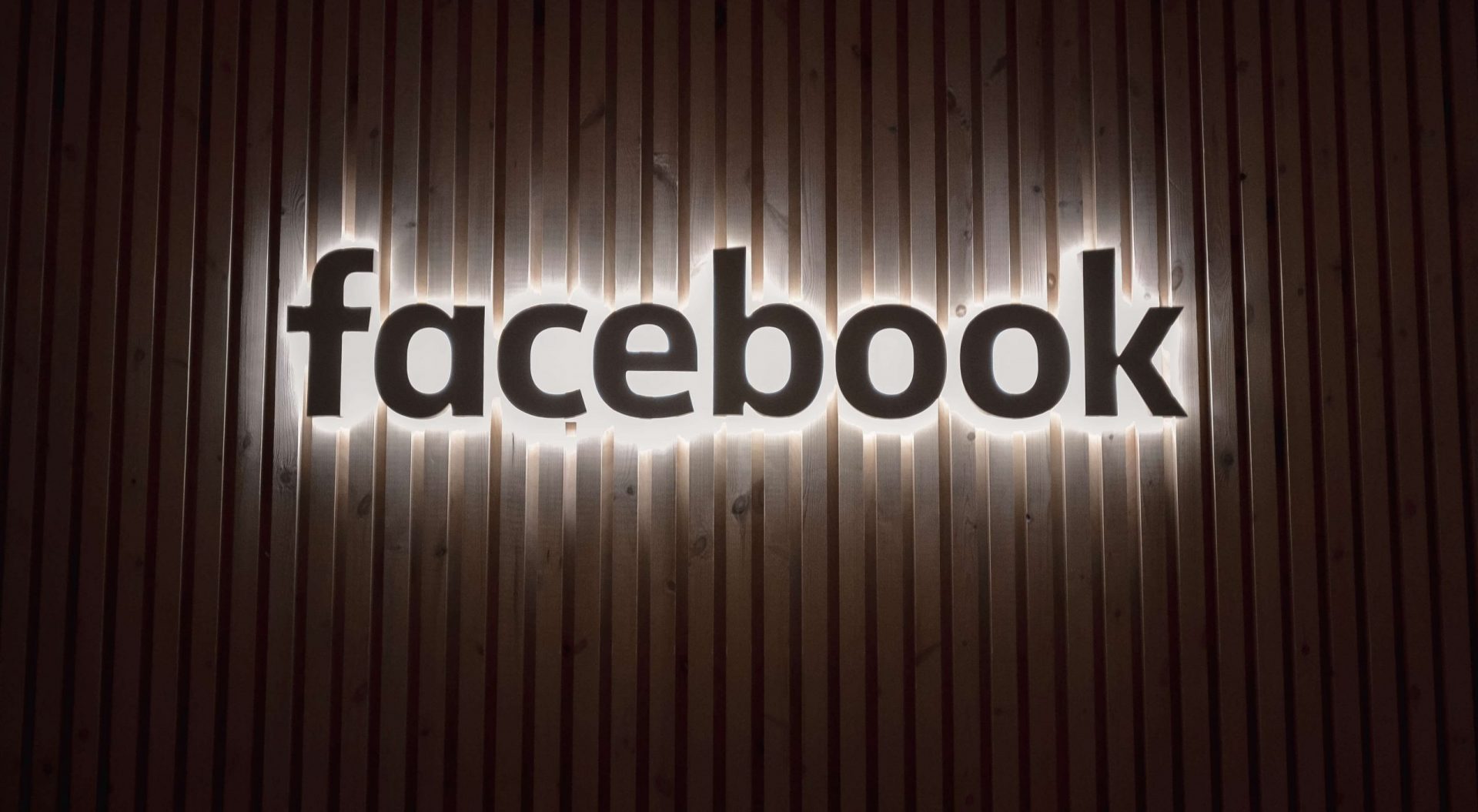Article
What Does Facebook’s News Feed Change Mean for Marketers and Brands?
Facebook’s News Feed algorithm is constantly evolving and in this article, we look at the major changes marketers and businesses need to be aware of and how to address the new changes.
Last week Facebook announced that they will be revising the platform’s News Feed algorithm to prioritise posts shared by friends and family over those from publishers, brands, and others like news outlets, to build community around the content that people share and watch. This will have a massive impact on marketers who may find themselves rethinking their social strategy or scale it back altogether.
Mark Zuckerberg, Facebook’s CEO, broke the news with his post on January 11, 2018, in which he states that one of Facebook’s big focus areas for 2018 is ensuring that the time spent on Facebook is time well spent and to bring people closer together. Research increasingly shows that isolated feed scrolling can be harmful to people’s health, while private chatting with friends and discussion of content can boost positive sentiments.
Facebook has been rather plain-spoken about the fact that brands and marketers will be significantly impacted by this change and that Pages may see their reach, video watch time and referral traffic decrease. Although Facebook is not making any changes to ads ranking at this time, if a Page post is receiving less organic reach due to this ranking change, it may see a slight impact within the ads auction, if boosted.
In Zuckerberg’s post, he states that it is important to note that engagement is a small part of ads ranking because Facebook relies on many other data points to determine what ads people see to ensure relevancy and value. Marketers are encouraged to continue focusing on driving real business outcomes and to test what content works well for their Page(s).
So, how does this shift from helping people find relevant content to helping people have more meaningful social interactions impact marketer’s strategy going forward?
It means creating content which sparks the greatest amount of discussion among users — especially when shared — will most likely rank better. But creating content for engagement and shareability does not mean including call to actions like, “Tag a friend!’’ or “Comment YES if you agree!’’. Facebook interprets that type of content as “engagement bait” and could penalise the Pages that use it, in their News Feed rankings.
The cost of promoting content on Facebook has steadily risen as more money is spent to promote ads on the social network and it is anticipated that the cost per engagement of Facebook ads will continue to go up.
Many marketers have been reorganising their strategies to focus on video. In many ways, Facebook created the illusion that its algorithm provided an infinite amount of attention for video. But this is no longer the sentiment and means that everyone needs to think hard about how they get real value out of their video investments.
Certain types of Page content that are said to promote the most shares and organic conversation include live videos, which Facebook says receives six times more interactions than regular videos. Marketers should see this as an opportunity for brands to pivot their content towards driving a meaningful conversation by listening to audiences and creating content that caters to their needs.
Video remains a very important part of Facebook, but the focus is on building community around video rather than just increasing – often passive – watch time. According to TechCrunch Facebook is doubling down on what only its service can offer. “Video and other public content have exploded on Facebook in the past couple of years,” Zuckerberg writes. “Since there’s more public content than posts from your friends and family, the balance of what’s in News Feed has shifted away from the most important thing Facebook can do — help us connect with each other.”
Facebook is a media force, unlike anything we’ve ever seen. It controls not just the viability of individual media and marketing businesses, but also the primary way many people across the world get their news and stay informed. It has incredible power, whether it wants to or not. Even though Facebook shares fell around five percent on Friday following the news that the company would retool its News Feed, it is clear that user experience is more important to them than the brands that pay them.
With Facebook’s 2.07 billion monthly active users worldwide, it continues to be critical for businesses to have a presence on the platform. If your company needs help with the latest Facebook trends or a strategy to greater marketing success, get in touch with us.
By Gerda le Roux

